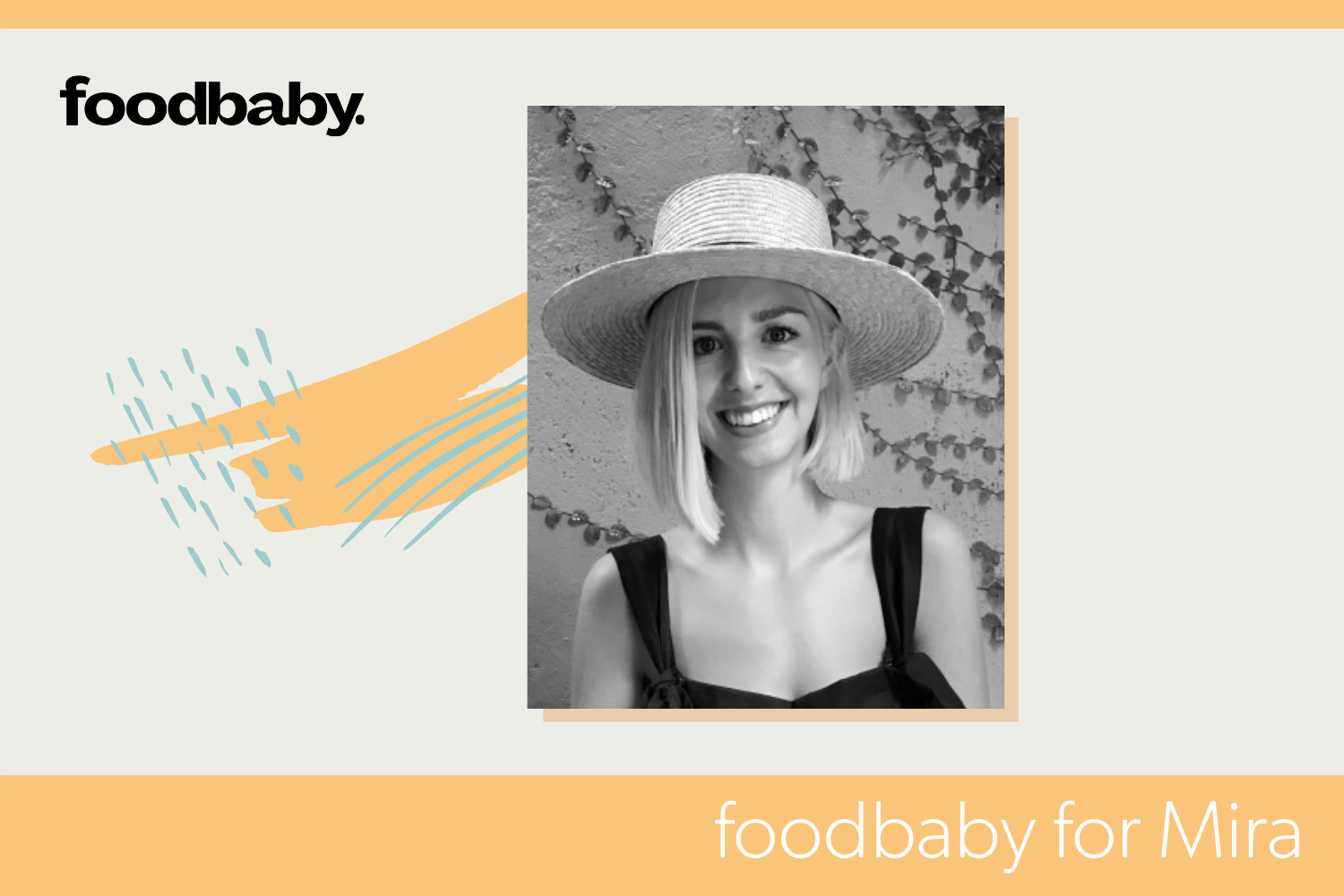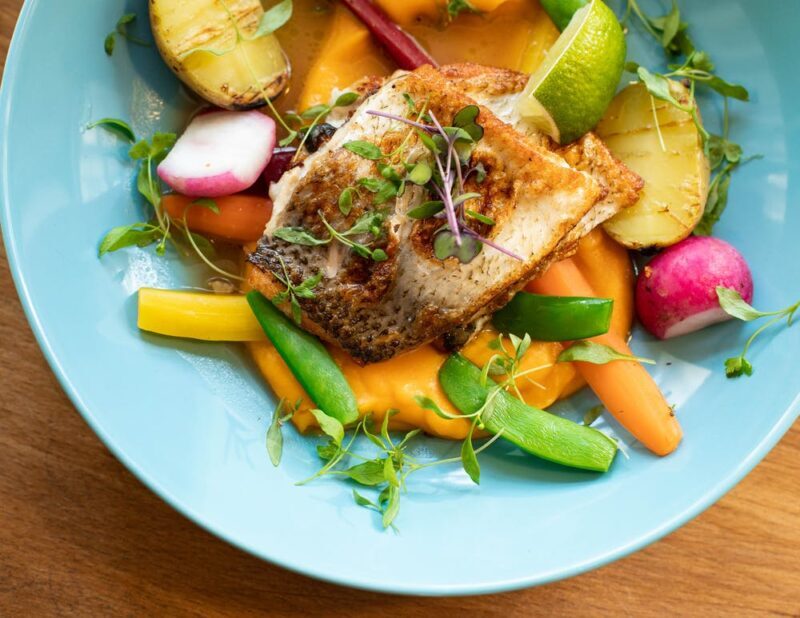Five Foods That Affect Ovulation

Ovulatory infertility, not being able to conceive due to not ovulating or ovulating less often, is the leading cause of infertility. It’s responsible for at least 30% of cases and of these, about half can be attributed to diet and lifestyle!
Ovulation is controlled by a delicate balance of hormones and what we eat affects your hormones. So which foods that affect ovulation and what should you eat or avoid eating to support ovulation and your fertility?
1. Fried and Packaged Foods
Deep-fried and packaged food are generally pretty unhealthy and almost always high in fat, sugar and/or salt! But there is one type of fat that is commonly found in these foods that is most concerning when it comes to fertility and that’s trans fat.
Trans fats are naturally found in small quantities in dairy, but the trans fat of concern is actually a slightly different structure. It is produced commercially by partially hydrogenating vegetable oils, that is, changing their structure to make them solid at room temperature. This is done to add crunch and crispiness and to extend shelf life.
The Nurses Health Study II found that for every 2% increase in trans fats (as opposed to carbs or unsaturated fats) there was a 73% increased risk of ovulatory infertility.
Avoid: deep-fried food and anything that has hydrogenated or partially hydrogenated vegetable oil in the ingredients. Depending on where you live and what the restrictions are on the use of trans fats, they can be pretty tricky to avoid so I’ve created a free guide to help you (you can download it here.)
2. Fish and Seafood
On the other hand, some types of fat can be very beneficial for ovulation. Eicosapentaenoic Acid (EPA) and Docosahexaenoic Acid (DHA) are omega-3 fatty acids found in fish and seafood (more on DHA and pregnancy here). In general, marine omega-3s are anti-inflammatory and known to decrease insulin resistance.
Studies have found that intake of these marine omega-3s is related to a reduced risk of anovulation, in women with and without polycystic ovarian syndrome. Plus, a recent study found that when both partners consumed eight or more fish or seafood servings per menstrual cycle they had a 61% greater chance of conceiving!
Go for: anchovies, salmon, sardines, oysters and prawns

3. Leafy Greens
We’re always being told to eat more greens and when it comes to fertility, there is a verygood reason to, folate.
Folate is a B-vitamin (also known as B9) that is needed to make DNA, for cell division and for methylation, changing the activity of genes and activating reactions in the body. Very strong evidence shows that taking folate before and during pregnancy prevents neural tube defects by up to 70%.
But folate also seems to play an important role in ovulation. Studies have found that folate intake is associated with higher progesterone levels and less anovulation.
Go for: kale, spinach, cabbage and bok choy
4. Wholegrains
Whole grain intake has also been shown to help regulate our blood sugars and decrease insulin resistance. Evidence suggests that maintaining stable blood sugars may be a key factor in ensuring ovulation and improving fertility. Why? Our blood sugars affect the amount of a hormone called insulin in our blood. Too much insulin messes with the delicate balance of our reproductive hormones and so can interfere with ovulation.
Whole grains have also been linked to lower levels of inflammation and contain a range of antioxidants, such as phytic acid, vitamin E, and selenium. Low levels of chronic inflammation and adequate antioxidants are thought to be important for keeping our eggs healthy.
Go for: oats, rye bread, wholemeal pasta, freekeh and brown rice
5. Soft drinks: sugar and GI
In the same way that whole grains support ovulation, sugary drinks, particularly soft drinks, can interfere with it. Soft drinks shoot up our blood sugars, increasing insulin levels which can knock off the balance of our reproductive hormones (like oestrogen and progesterone.)
High sugar intake of any kind is known to increase the chances of anovulation. Studies show that drinking 2 or more soft drinks of any kind per day is associated with an increased risk of ovulatory infertility. But even levels as low as 0.1 cups per day have been associated with decreased fertility.
Avoid: sugary soft drinks and limit diet soft drinks and other sugary drinks
Optimising Course Ovulation
If you’d like to know more about diet and ovulation, the Foodbaby Optimising Ovulation online course teaches you how specific food affects your cycle and to what to eat to support ovulation. During the course, you will be coached through making diet changes that will optimise your fertility and help you get pregnant faster. By the end of the course, you will be able to see changes if you’ve had irregular cycles and you will feel confident in your diet and in control of your fertility.
Use the code MIRA for 15% off the course.
Mira’s Editorial Process
All content produced by Mira meets stringent editorial standards, ensuring excellence and accuracy in language and medical precision. Every piece undergoes thorough fact-checking and review by qualified professionals. Check out our full editorial process to learn more.




